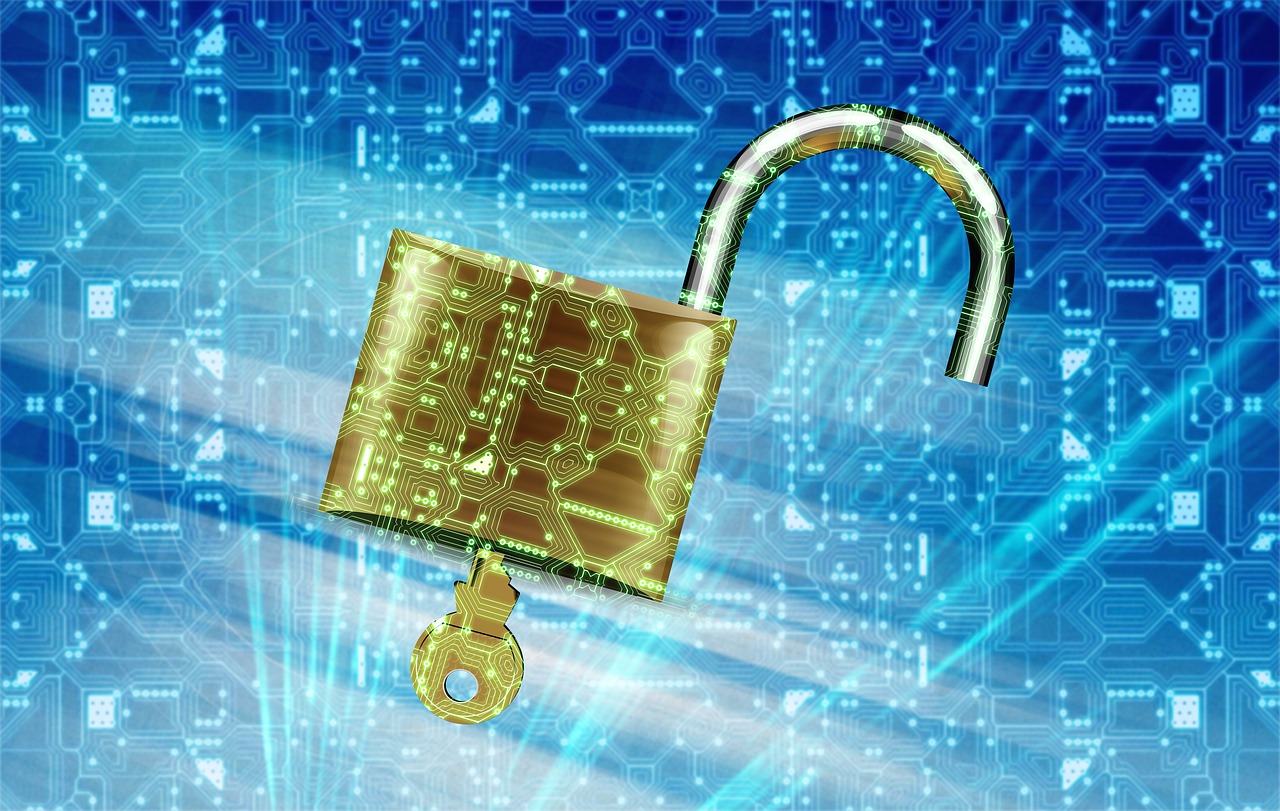In the digital age, where information is available to everyone, Internet Safety Rules for Kids have become extremely important. Today, even young children have access to the internet through their smartphones and tablets. They should be taught how to protect themselves against various online threats and made aware of the dangers of the internet.
Today, children as young as 5 use the internet. Kids use the internet to play games, watch movies and cartoons, interact with their friends on social media, and do research for homework assignments or school projects. However, they may not be aware of the various dangers associated with the internet. Internet Safety Rules for Kids have to be taught. It is important to speak openly with them. Parental supervision is also crucial.
Importance of Internet Safety Rules for Kids
It is very exciting for children to go online and browse shopping sites, use social media, watch movies, or do research for educational purposes. Simple mistakes online, however, can have serious consequences.
Online marketing and phishing scams could defraud children after using specific search terms. Pedophiles, cyberbullies, identity thieves, and kidnappers may target kids. If you click on a pop-up incorrectly, malware could be downloaded onto your device. Thus, it is very important to teach your kids about internet safety and to supervise their time online.
The Top 10 Internet Safety Rules for Kids
1. Don’t let kids browse alone
In the presence of an adult or the living room, kids should use the electronic device for browsing. In this way, the adults can ensure that the child does not view inappropriate content online, and also supervise the child’s online activities.
2. Educate kids about protecting their privacy
Teach your children never to share personal information such as an address, phone number, name, email address, sibling details, parents’ work details, etc. without their parents’ permission.
3. Never agree to meet up with online friends
Children should be taught that the internet provides anonymity, so their online friends may not be who they say they are. The danger of meeting online friends is that they might turn out to be pedophiles or kidnappers. Be aware of your kids’ online friends and report any suspicious activity or people online to your local cyber crime department.
4. Never allow your child to click on pop-ups or subscribe to e-newsletters
You can infect your device with malware or viruses by clicking on pop-ups or advertisements. Additionally, they may be an online scam to gather the user’s personal information. E-newsletters require too many personal details, and children shouldn’t disclose such information online. Make sure your children do not click on suspicious attachments, pop-ups, ads, or e-newsletters.
5. Make sure your password is strong
Children should be taught the importance of using strong passwords online and why they should never share their passwords. It is harder to crack passwords if they contain at least eight characters, at least one number, one special character, one lower-case letter, and one upper-case letter.
6. Establish a time limit
You should set a time limit for your children’s online activities. It is better to limit kids’ online time for educational or entertainment purposes. Decide on a daily time limit with your children.
7. Keep an eye on what your kids post online
Once something is on the internet, it cannot be removed. It is therefore very important that they take care when posting online. Teenagers, for instance, may post pictures on social media or comment on them. It is important to monitor this and remove or never post any inappropriate pictures or posts if you feel they are inappropriate. By explaining your reasons to your children, you will avoid conflict and ensure that they cooperate.
8. Install Reliable Security Software
Make sure you install reliable security software on your device to prevent viruses, malware, and spyware, as well as turning on your firewall to prevent pop-ups and hackers. You can control your kids’ access to inappropriate content using several online protection tools. Make sure your child is safe by using these tools.
9. Kids should not shop online unsupervised
Unsupervised online shopping should never be allowed for children. They could enter credit card information on an unsecured website, exposing vital financial information to cybercriminals.
10. Settings for privacy
Make sure your kids understand the importance of privacy settings on social media such as Facebook and Instagram. Additionally, teach them to never click on suspicious links and to always log out before going offline.
Word of Caution
Cyber safety for children is of paramount importance. Children need to understand how to stay safe online. Ensure your children do not interact with strangers on social media or online forums. Cyberbullies and child predators frequent these areas. On social media and in chat rooms, pedophiles often pose as children and invite children to call or meet them. You should warn your children about such dangers and teach them not to meet strangers or call strangers.
Take measures to protect your children from cyber threats by using online safety tools. It is worth investing in internet security for kids. Encourage younger children to use child-friendly options like Kiddle instead of Google search or YouTube Kids instead of regular YouTube.
Conclusion
Even though the internet provides a wealth of information and entertainment, dangers are lurking there as well. Nowadays, kids must protected from the Internet. In several instances, a lack of online safety has put children in danger. The key to online safety is open communication, especially with secretive teenagers and value privacy. Internet access for young children should limit and they should always supervised. Children should take advantage of the wealth of information available on the internet without exposing themselves to danger. By keeping track of their kids’ online activities and educating them about the dangers of the internet, parents can ensure this.
Also Read: Top 10 Most Safest Banks in India to put your hard-earned money
